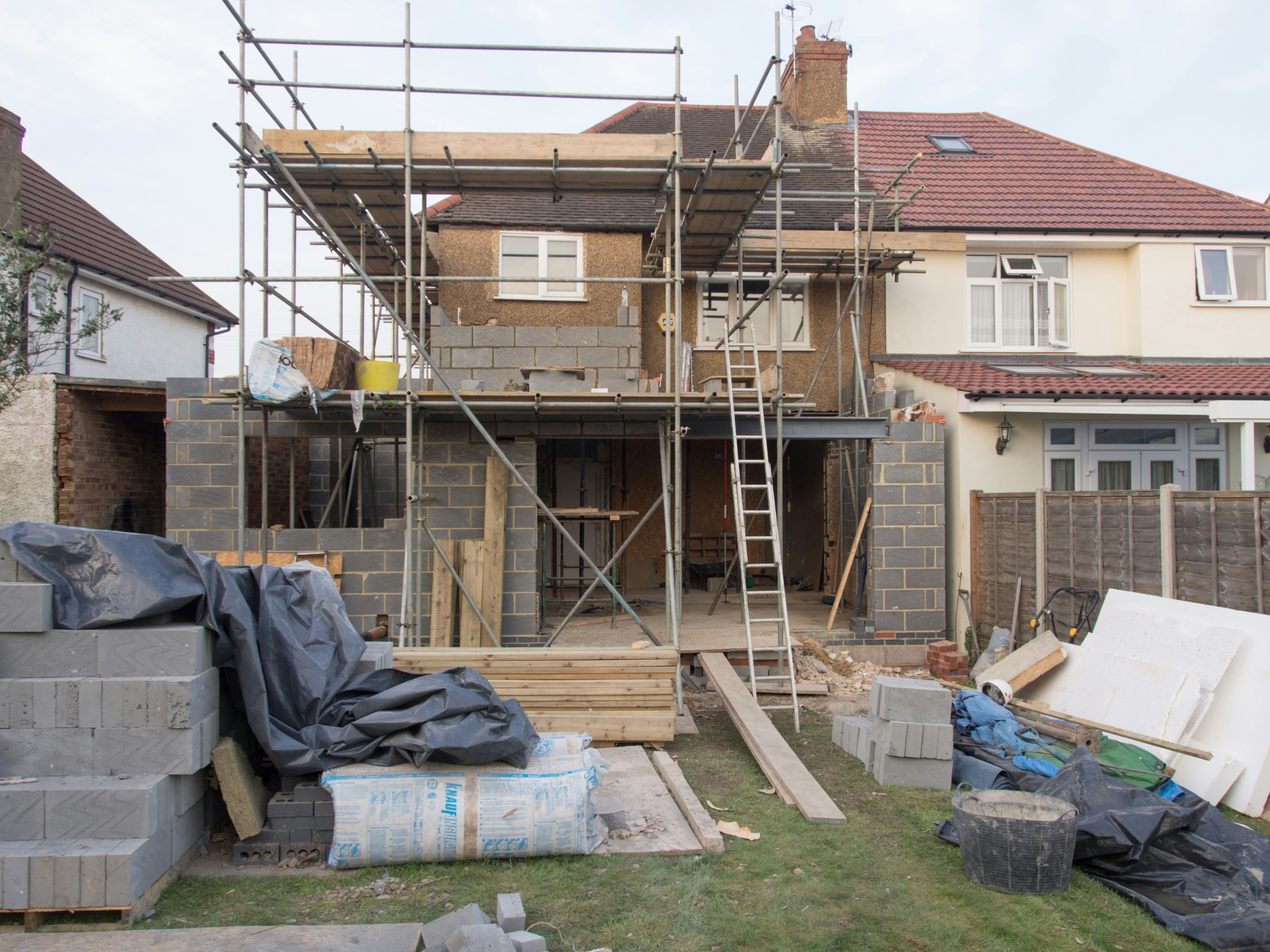
Should Oakville allow four-unit buildings in residential neighbourhoods?
The federal government is demanding Oakville council change its official plan to allow fourplexes on every property in town, if it wants access to up to $50 million in housing grants.
And now Mayor Rob Burton wants to know what you think of that idea: Burton is asking residents to weigh in on fourplexes through an email to [email protected]
Last summer, the town applied for cash from the Housing Accelerator Fund (HAF), a $4 billion federal program aiming to speed up the building of new homes across the country.
Read more: Federal funding opportunity spurs town to create a housing strategy
In response to that application, the town recently received a letter from Sean Fraser, the Trudeau government’s minister of housing, infrastructure and communities.
The letter demands Oakville get rid of "exclusionary zoning" which governs the types of developments that can be built in residential neighbourhoods.
Those development restrictions, which aim to "maintain and protect" the existing character of the town’s “stable residential neighbourhoods” are at the heart of the Liveable Oakville official plan.
Under previous town rules, homeowners were able to add one "accessory dwelling" such as a basement apartment to their property.
Earlier this year, provincial legislation forced the town to increase that to two accessory units per property. Current rules allow only one unit to be located in a separate building, such as a backyard, garden or laneway suite.
"The housing challenges facing the Greater Toronto Area have national implications, and other municipalities in the GTA have recognized this and have taken steps to end exclusionary zoning," says the letter.
Fraser also asks the town to increase densification around Sheridan College and make other changes to development processes.
"I am eager to approve Oakville’s application, but I will not be able to do so before you consider the suggested improvements," he adds.
Exclusionary zoning – or what he described as protection of neighbourhoods from growth – was a cornerstone of Mayor Rob Burton’s election campaign last year. He repeatedly promised voters to he would safeguard established neighbourhoods from development.
"This is what the Livable Oakville plan does, it directs growth to transit nodes and corridors, away from the stable established streets where we live," says his campaign literature.
Instead, he argued, the town should funnel new development to planned high density areas like Midtown, where towers as high as 59 storeys have been proposed.
Last month, Mississauga’s city council was faced with a similar fourplex demand from the federal government.
After councillors defeated the idea of allowing four-unit homes on single family lots on a tied 5-5 vote, Mayor Bonnie Crombie used strong mayor powers to issue a directive allowing the fourplexes.